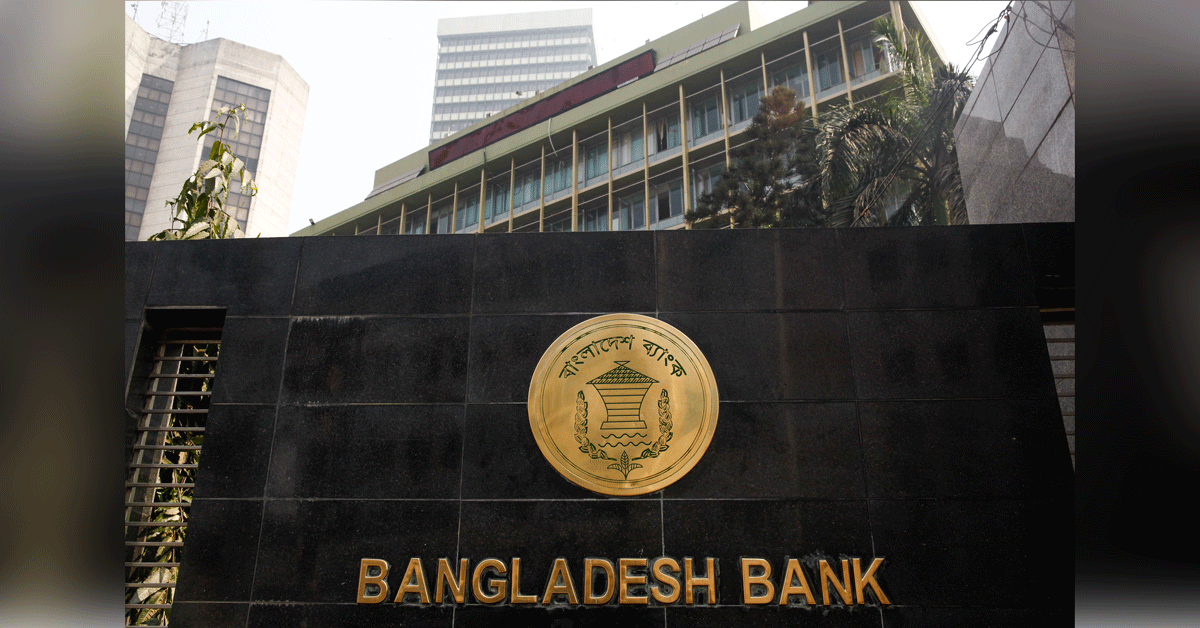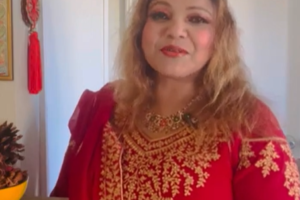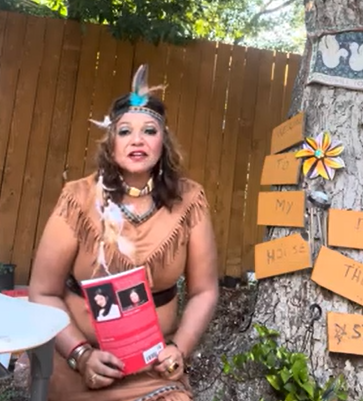US President Donald Trump imposed a freeze on all Venezuelan government assets in the United States on Monday, sharply escalating a diplomatic and sanctions drive aimed at removing socialist President Nicolas Maduro from power.
The executive order signed by Trump goes well beyond the sanctions imposed in recent months against Venezuela’s state-run oil company PDVSA and the country’s financial sector, as well as measures against dozens of Venezuelan officials.
“All property and interests in property of the Government of Venezuela that are in the United States … are blocked and may not be transferred, paid, exported, withdrawn, or otherwise dealt in,” according to the executive order released by the White House.
The scope of the announcement came as a surprise even to some Trump administration allies. “This is big,” said Ana Quintana, senior policy analyst with the Heritage Foundation, a conservative Washington think tank.
Quintana said it appeared the order would be a sweeping embargo on doing business with Venezuela, although she was awaiting further details.
Venezuela’s Information Ministry did not respond immediately to a request to comment.
The United States and most Western nations have called for Maduro to step down and have recognized Venezuelan opposition leader Juan Guaido as the country’s legitimate president.
Guaido appointed a board for Citgo Petroleum, Venezuela’s most important foreign asset, earlier this year.
Trump said on Thursday he was considering a quarantine or blockade of Venezuela, although he did not elaborate at the time on when or how such a blockade would be imposed.
He is taking more dramatic action after numerous rounds of sanctions failed to turn Venezuela’s military against Maduro or make significant progress in dislodging him.
US officials have long said they had other weapons in their economic arsenal, even as they privately expressed frustration that European partners and others had not taken stronger steps and that the months-long pressure campaign had not made more headway.
China and Russia have continued to back Maduro, prompting US national security adviser John Bolton to warn the two countries on Monday against doubling down in their support for him.
Bolton said he would give a speech on Tuesday at a gathering of more than 50 countries in Lima, Peru, that would outline a planned US initiative to lead to a peaceful transfer of power in Venezuela.
Moscow and Beijing turned down invitations to attend.






















